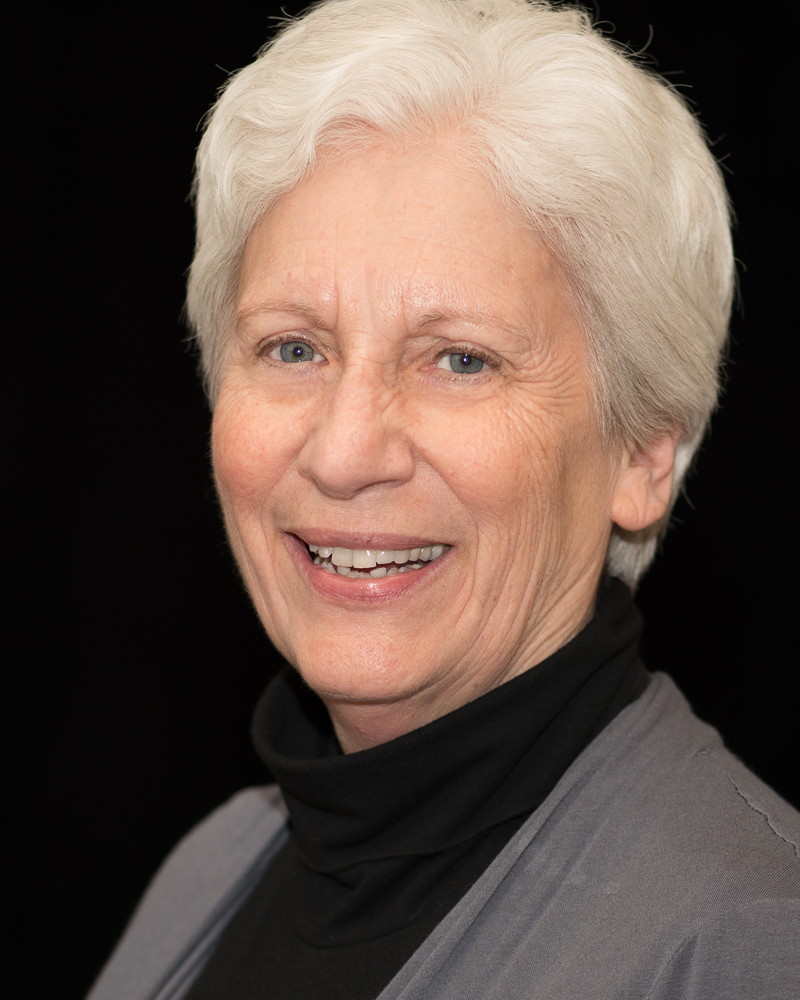
I have a special fondness for this week’s parashah, Yitro. The most important reason for this is that Yitro was my Bat Mitzvah parashah.
Like so many women, I became a Bat Mitzvah as an adult. In 1998, I saw a small article in my congregation bulletin announcing that our cantor was starting a beginners’ adult Hebrew class. At the time, I was not very involved in my congregation. But I had never learned to read Hebrew as a child and all these years I had been muttering along to the best of my ability and I really wanted to learn Hebrew. So, I signed up. There was no talk of a Bat Mitzvah. There was no talk of anything beyond learning some Hebrew. Little did I know the impact this would have on my Jewish life.
The class began with about 20 students, and I didn’t know any of them. Two years later, we were six women, celebrating a joint b’not mitzvah, and these women became my friends in the congregation. To this day, we have lunch together once a week.
Our b’not mitzvah was in January of 2000, and our Torah portion was Yitro. Each of us chose a few verses and each of us was reading from Torah for the first time. We were nervous and questioning why we had decided to do this, but in the end, we met the challenge together.
For this reason alone, Yitro will always be special for me. But wait – there’s more. Over the years, as I became more active in temple and North American leadership, I have had the opportunity to study Yitro multiple times as a leadership text. In this parashah, we find Moses at a crisis in his leadership. He has led the Israelites out from Egypt, and now they are encamped at the foot of the mountain. All day long, the people stand in line to consult with Moses about God’s laws and teachings and to ask him to settle disputes among them. It is Moses’ father-in-law, Yitro, who observes this and counsels Moses that this model of leadership is not sustainable: “The thing you are doing is not right. You will surely wear yourself out and these people as well.” Yitro advises Moses to set up a judicial system to meet the needs of the people, empowering “chiefs of thousands, hundreds, fifties, and tens, and let them judge the people at all times. Have them bring every major dispute to you but let them decide every minor dispute themselves.”
In this way, Yitro has taught me the importance of delegation, the importance of a clear escalation path for major issues, and the impact that “do-it-all-yourself” has on not just the leader but those being led. This interaction speaks to me in one more way as well, because Yitro is not an Israelite. He is a Midianite priest. This wise advice, which is the basis for so much judicial structure which followed, came from a clergy person of another religion. It is a positive, respectful interfaith moment in our text. So this is the second reason that Yitro is special for me.
And, of course, this is also the parashah in which we receive the Ten Commandments. At my bat mitzvah, I chanted the verses of “Remember the Sabbath day and keep it holy…” These words will always have a special place in my heart and in my Jewish journey. In our busy lives, may we each find the rest and peace in every Shabbat, our gift each week which we received in the parashah of Yitro.
Jane Taves is the WRJ Vice President of Advocacy, Marketing, and Communications. She is a member of Temple Beth El, in Madison, Wisconsin. Along with her WRJ work, she is a member of the URJ North American Board and a co-chair of the North American Advisory Board of the World Union for Progressive Judaism.
Related Posts

Parashat Yom Rishon shel Rosh HaShanah

Cultivating a Culture of Accountability and Belonging


